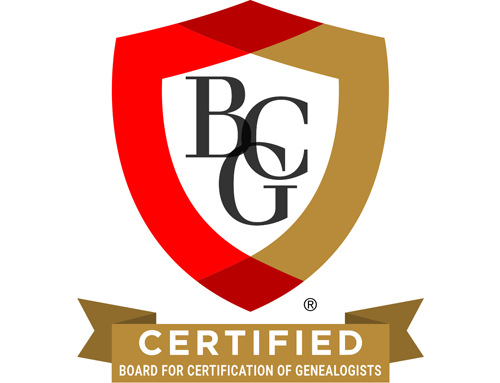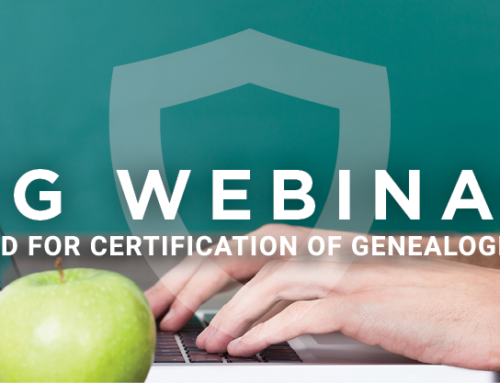By Elissa Scalise Powell, CG®, CGL℠
I was reading an online report of a survey done among 1,000 American adults and 260 employers. “Employers and Public Favor Graduates Who Can Communicate” was the revelation from the survey. The article discussed another poll which found “broad support for the idea that students should learn to think critically, communicate clearly, and solve complex problems, or what the association described as “a 21st-century liberal education.” Although talking about college students, this isn’t news in the genealogical world. Collaborating and communicating during the research process and the ability to express our findings orally and in writing is how we grow and preserve our family trees.
Without clear communication of our findings through being able to tell where we found the information, and the ability to lay out our reasoning based on the evidence from records, our family histories become ambiguous to the next person who tries to continue the research. This next person may be a cousin, a descendant yet to be born, or ourselves after a span of time.
We don’t have to “reinvent the wheel” when it comes to knowing about standard procedures in data collection, evidence evaluation, compilation, and continuing education. We may read and try to apply the standards in the BCG Genealogical Standards Manual, but how can we assure ourselves that we are doing it well? Applying for certification allows us to ask for three independent evaluations and suggestions for improvements. Evaluated are our genealogical skills, communication skills, evidence evaluation (critical thinking), and problem-solving skills. Sound familiar? These are attributes that the polls, employers and academic community have used to describe successful and well-rounded individuals.
Accomplishing these skills can assure our own self-doubts that we are doing the best family history work we can. This is something we can do for ourselves. Although many people enjoy sharing the news within their circle of friends, no one outside of the BCG office even needs to know that a person has applied. After all, it is how you can “Measure Yourself Against Standards.”



